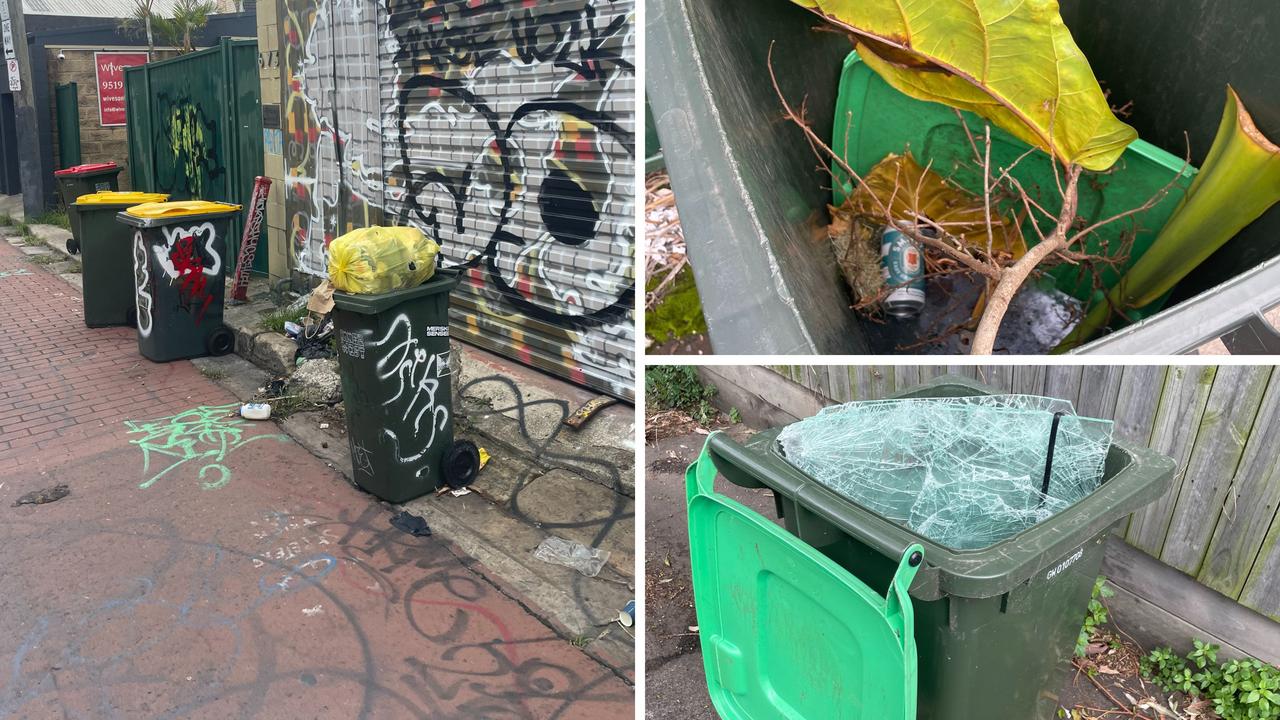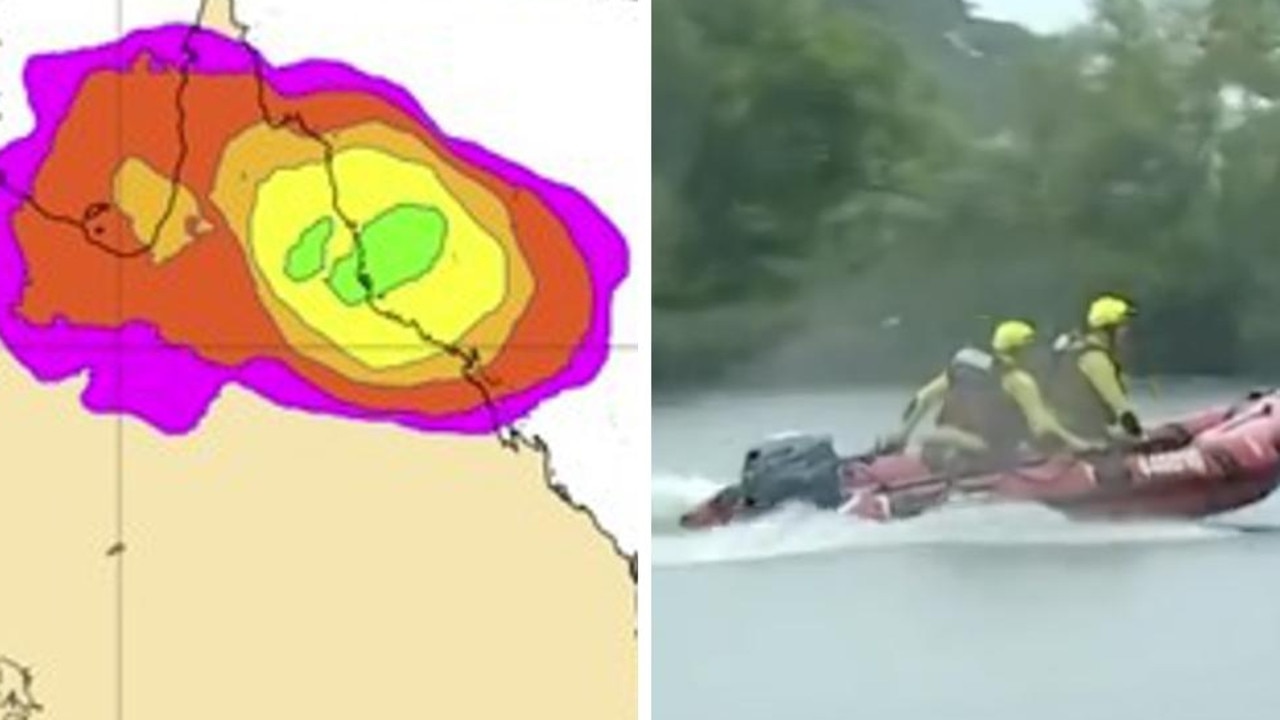Parliament report warns koalas will be extinct before 2050 in NSW
Koalas will be extinct in NSW before 2050 without “urgent government intervention”, a new report has found.
Koalas will be extinct in New South Wales before 2050 without “urgent government intervention”, a new report has found.
A NSW parliament Legislative Council study into koala populations and habitat, released on Tuesday, found the destruction of koala habitat for agriculture, development, mining and forestry had severely impacted most populations of the native species in the state over many decades.
It also estimated the 2019-20 bushfire crisis killed at least 5000 koalas in NSW and potentially many more.
The study, which was established in 2019 before the bushfires due to significant community concern about the future of Australia’s beloved animal, made 16 findings and 42 recommendations about the future of koalas in NSW.
The report’s committee chair, Greens upper house member Cate Faehrmann, wrote it was “deeply distressing” but extremely important for committee members to agree to the finding that koalas would become extinct in NSW before 2050 without urgent government intervention.
The committee also found the official government estimate of 36,000 koalas contained in the NSW Koala Strategy was outdated and unreliable.
While the report contained differing views on how many koalas lived in NSW, with some estimates as low as 15,000, it said it was clear koalas were not uniformly spread across the state but made up of many individual populations that varied in size and health.
Ms Faehrmann said the disastrous bushfire season had undoubtedly dramatically changed the situation for koalas.
She said the fragmentation and loss of habitat from land clearing posed the most serious threat to koala populations in NSW.
“The only way our children’s grandchildren will see a koala in the wild in NSW will be if the government acts upon the committee’s recommendations,” she said.
“Climate change is having a severe impact on koalas, not only by affecting the quality of their food and habitat, but also by compounding the severity and threats of other impacts, such as drought and bushfires.
“I particularly encourage the government to investigate the establishment of the Great Koala National Park on the NSW mid north coast without delay.”
She said the committee heard many stories and received images of koalas that were no longer able to get adequate hydration from the leaves they eat due to drought conditions and were forced to descend from trees to drink from garden hoses and water bowls.
The report estimated the 2019-20 bushfires severely impacted 24 per cent of koala habitat on public land across the sate and in some parts it was estimated the loss was up to 81 per cent.



